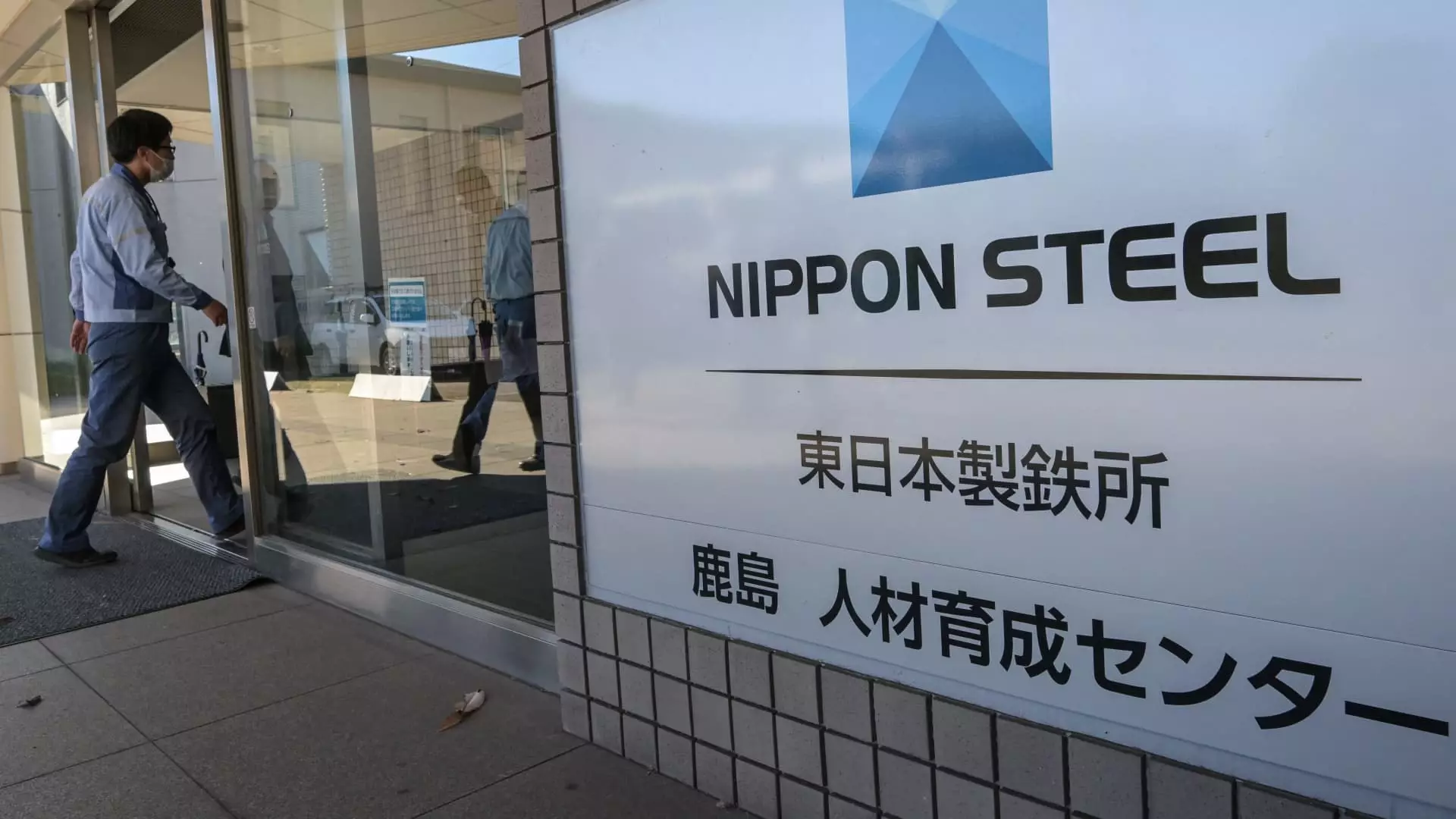In a significant move reflecting ongoing tensions about foreign investment and national security, U.S. President Joe Biden has opted to thwart Nippon Steel’s $14.9 billion bid to take over U.S. Steel, a central player in the American steel production landscape. This decision, reported by The Washington Post, stems from concerns about the potential implications of such a foreign acquisition on national security and domestic economic stability.
The bid’s fate was hinged on the review by the Committee on Foreign Investment in the United States (CFIUS), which is tasked with assessing the potential impacts of foreign investments on national security. After discussions extended into late December, Biden was compelled to make a decision on this complex issue following a failure by CFIUS to reach a clear consensus. The Biden administration’s final decision was anticipated to be announced promptly as of the article’s publication date, highlighting the urgency surrounding this high-stakes situation.
The core concerns raised during the evaluation process revolved around the long-term implications Nippon Steel’s acquisition could create, particularly regarding its control over U.S. Steel’s production capacity. The CFIUS highlighted that reduced output from U.S. Steel might threaten the supply chains critical to national security, which could have cascading effects on various American industries reliant on steel production.
Nippon Steel’s subsequent proposal to permit the U.S. government to veto any production cuts did not sufficiently allay these concerns. The dramatic implications of such a foreign acquisition — potential supply shortages and delays — significantly weighed on the Biden administration’s deliberations.
Biden’s decision was not just a bureaucratic action; it echoed broader political sentiments in the U.S. against foreign acquisitions of pivotal domestic companies. This resistance to foreign ownership has roots in a nationalistic approach to economic policy that has been echoed by various political figures, including former President Donald Trump, who publicly denounced the acquisition. His social media remarks emphasized fears over the integrity and future of U.S. industries when leveraged into foreign ownership.
The political landscape surrounding this decision has likely played a critical role in shaping public opinion as well. U.S. Steel’s shareholders showed strong backing for the acquisition, suggesting that many in the business community saw it as beneficial. However, the Biden administration had to weigh those economic arguments against the broader implications for national pride and security.
In an attempt to navigate the concerns raised, Nippon Steel had previously made several concessions, including maintaining U.S. Steel’s headquarters in Pittsburgh and ensuring U.S. citizen representation on its board of directors. Despite these gestures, the administration’s stance remained firm, underlining a commitment to keep vital industries domestic.
The company’s shares in Japan moved upward slightly, indicating some market optimism despite Biden’s increasing inclination to block the deal. The conflicting signals in the financial markets portray a broader uncertainty regarding international investments in key industries, particularly in sectors tied closely to national security.
With Biden’s explicit opposition and the projected fallout of the blocked deal, U.S. Steel is poised to remain a domestic entity, a decision applauded by many nationalist factions within the country. However, this outcome poses broader questions about the future of international investment in the U.S. and the possible chilling effect such rejections may have on foreign companies considering significant investments.
As global economies intertwine, the resistance against foreign ownership may instigate diplomatic tensions and provoke retaliatory measures from nations that will view the U.S. actions as unfavorable. Consequently, while strengthening domestic production aligns with national interests, this approach may also influence international trade dynamics and the fluidity of foreign investments in the long run.
Biden’s decision marks not just a pivotal moment for U.S. Steel, but perhaps a broader signal about the administration’s stance on foreign investment — one that prioritizes national security and domestic control over potential economic benefits from international partnerships.

